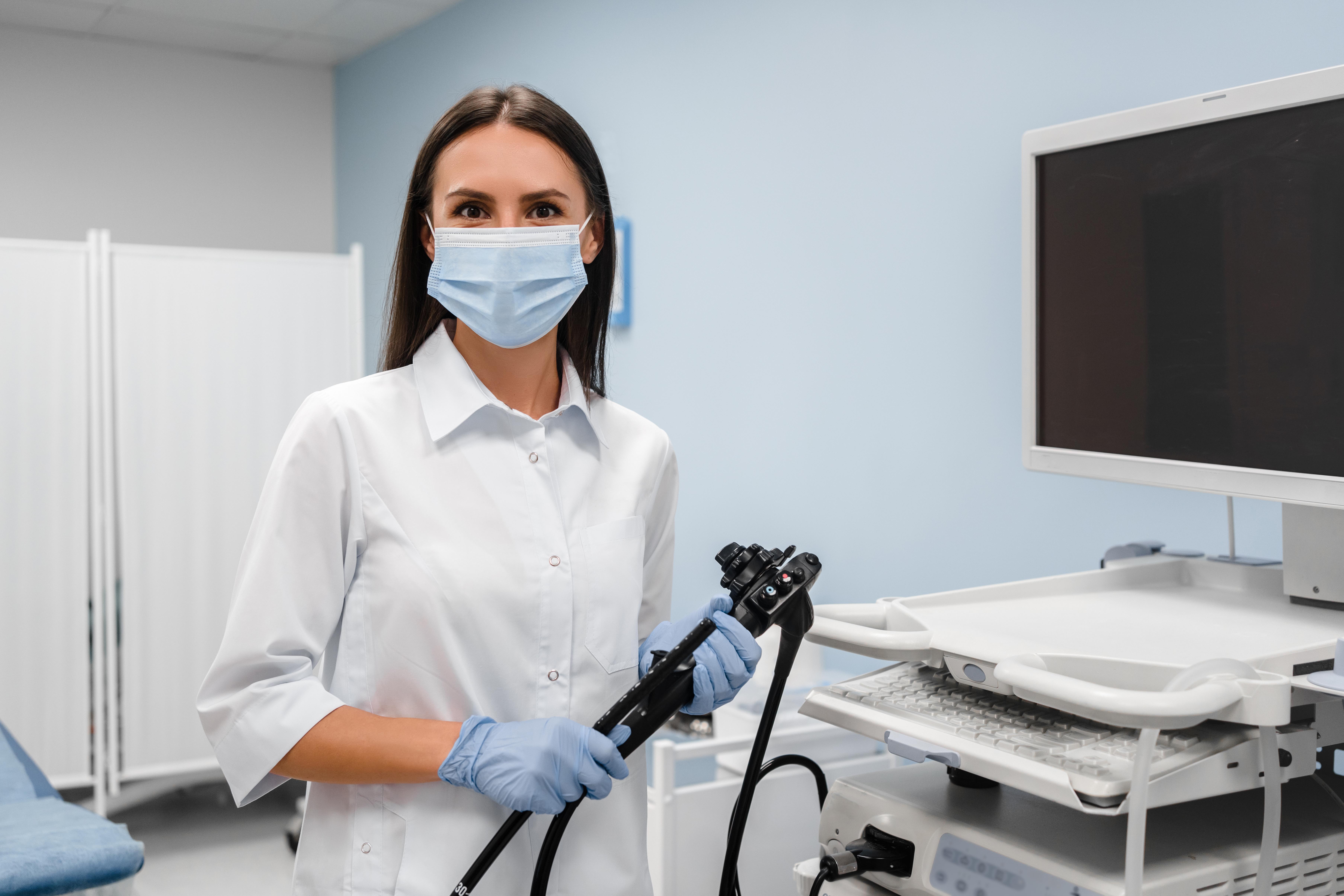Steps to Master the Art of Surviving Your First Colonoscopy
19. Colonoscopies Are Covered by Most Insurance Plans

One of the best things about colonoscopies? They’re often free—or at least significantly covered—if you meet standard screening criteria. Under the Affordable Care Act in the U.S., most private insurance plans, as well as Medicare, are required to cover the cost of routine colon cancer screenings starting at age 45. This includes the procedure itself, anesthesia, and even the bowel prep kit in many cases. However, it’s important to note that if your doctor removes a polyp or performs a biopsy during the exam, the procedure may be billed asdiagnostic instead of preventive. This can result in unexpected out-of-pocket costs. To avoid surprises, call your insurance company ahead of time to confirm coverage, and ask your doctor whether your colonoscopy is likely to remain preventive based on your history. Regardless of cost, the long-term value of early detection and prevention is priceless—financially and medically.
20. You May Need One Sooner If Symptoms Appear

Even if you're under 45 or not yet due for a routine colonoscopy, certain symptoms warrant a closer look—and in many cases, a full exam. Persistent changes in bowel habits, such as diarrhea, constipation, or narrow stools, could indicate an underlying issue. Rectal bleeding, blood in the stool, unexplained weight loss, fatigue, or abdominal pain are also red flags. Don’t wait for your next milestone birthday if something feels off. Colon cancer can develop at any age, and early symptoms are often subtle or mistakenly attributed to stress, hemorrhoids, or diet. If you experience these symptoms consistently, your doctor may recommend a diagnostic colonoscopy, even if you’re younger than the typical screening age. Remember: the goal is early detection. The sooner a problem is found, the more treatment options and better outcomes you’ll have. Listening to your body—and acting on what it’s telling you—can truly save your life.
